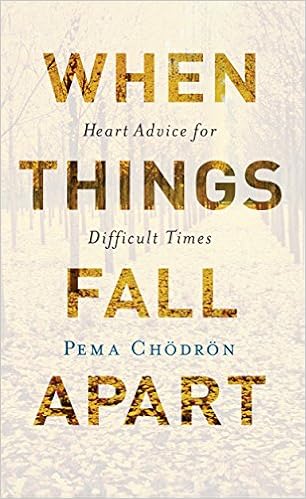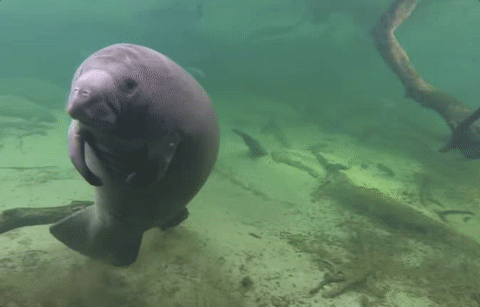If we stop thinking that we have earned the good things that happen to us, and realize that even the bad things that happen will happen even if we don't deserve it, maybe we can change our perspective. I've spent so much of my life thinking that I have some semblance of control. I've spent so much of my life feeling like it would all work out because things work out, and that's just the way the world works. I trusted that the world worked the way I thought it did; I depended wholly on everything making sense. It can be such a shock when it all falls to pieces.
The Venerable Pema Chodron says that:
"Our suffering is based so much on our fear of impermanence. Our pain is so rooted in our one-sided, lopsided view of reality. Who ever got the idea that we could have pleasure without pain? It's promoted rather widely in this world, and we buy it. But pain and pleasure go together; they are inseparable. They can be celebrated. They are ordinary. Birth is painful and delightful. Death is painful and delightful. Everything that ends is also the beginning of something else. Pain is not a punishment; pleasure is not a reward" (Chodron 60).
In American consumerist society, we are constantly told that we can increase our pleasure, decrease our pain, if only we buy this car, that anti-wrinkle cream, the other pair of shoes. We can distract ourselves from the pain by taking advantage of this Black Friday Sale, by triggering our dopamine receptors swiping left or right in finding a partner. We can increase our pleasure with that overpriced (and delicious) coffee, that cheap candy bar, that newest phone, that fancy pair of earrings. We can forget our pain with that dry white wine, that semi-authentic Cuban cuisine, that not-authentic-at-all but eminently satisfying Chinese buffet.
We buy or rent pleasure in food, in objects, in experiences, but in the end, none of it lasts. We pay a premium to delude ourselves into believing that we can find happiness. The unfortunate truth is that, even when that pleasure is merely temporary, it calls to us, a siren song.
We reach out, grasping for those moments that bring us pleasure, even as we know that they can never last. We can't help it; we are pleasure-seeking creatures. How painful is it to know that every pleasure we find will fade in the mist of time?
Nothing lasts.
Everything is temporary. Life fades. Happiness turns to something less than.
We should celebrate those momentary pleasures while we can.
I have always said that life is too short for bad books, but throughout this diagnosis, I've come to realize that life is too short. Full stop.
Celebrating the fleeting nature of pleasure is just as important as understanding that pain is temporary.
Nothing lasts, and that is okay.


